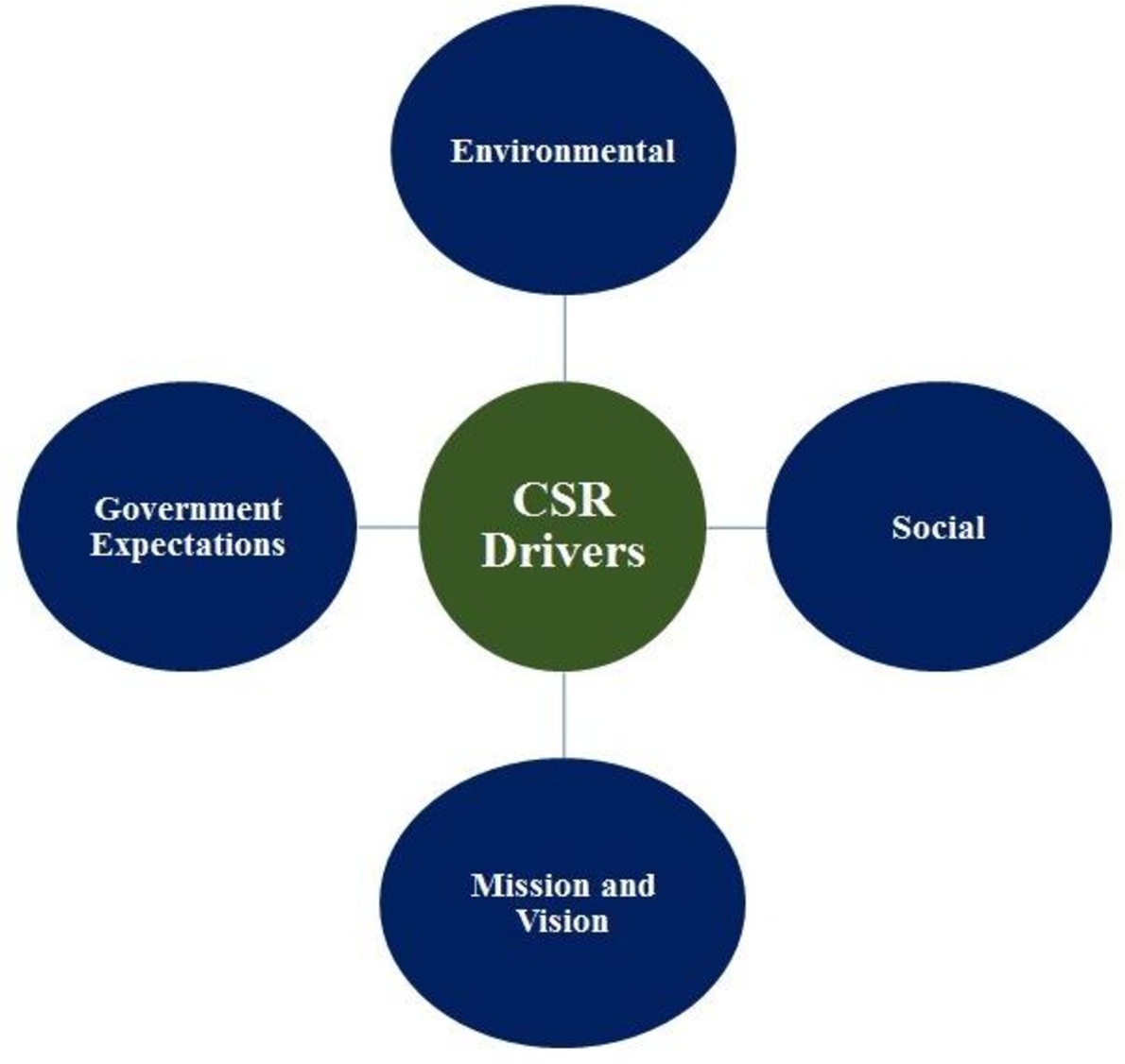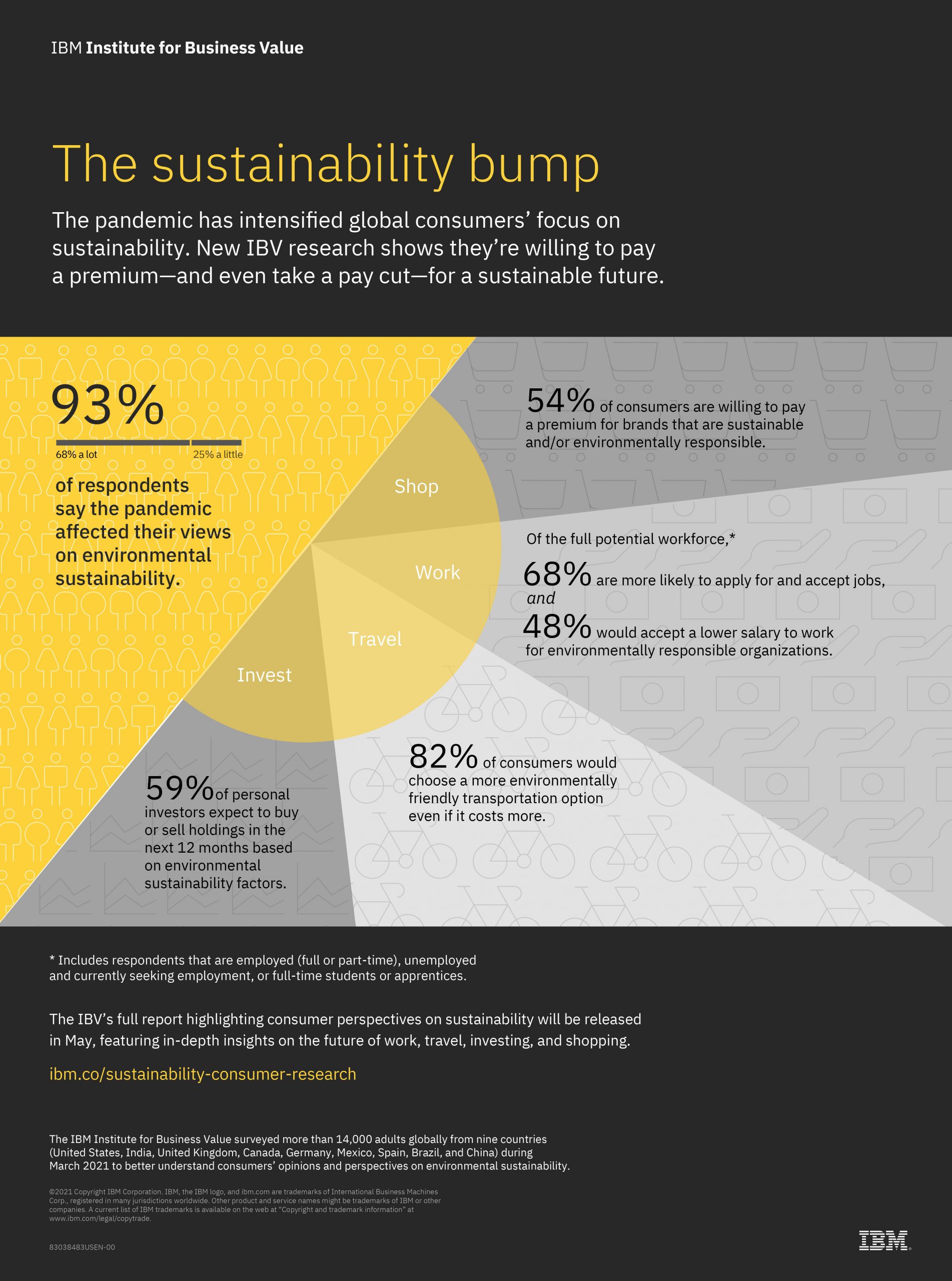CSR, or corporate social responsibility has become one of the most important facets of a company’s public image. But did you know that doing good can cost you too?


All Good Is Not Good
The world is a more wealthier place than it has ever been. We have been utilizing more, producing more, and consuming more than ever before.
A lot of money is concentrated in the hand of giant companies. In order to keep them accountable to the people, many countries have begun voluntary or compulsory corporate social responsibility programs. Under these, a company is meant to give back to society.
Education, housing, medical care, and of late, sustainable development, have been some major areas in which companies have contributed. CSR is not just beneficial for individuals. Companies too gain from tax benefits, increased publicity, customer loyalty, and better working environments.
Of late however, just throwing money at things of putting out a banner is not enough. The younger generations have increasingly become disillusioned with corporates that tout big messages of corporate social responsibility, but continue hypocritical practices in their everyday businesses.
And now, thanks to social media and the growing purchasing power of Gen Z and the rise of Gen Alpha, such ‘performative’ corporate social responsibility might start burning deep holes in companies’ images.


Telltale Signs
Performative CSR is a negative term that is used with companies whose charitable efforts are seen as not enough, controversial, and hypocritical. What makes corporate social responsibility performative? People often give the following reasons –
Not Enough
Many believe that simply giving money to a charitable cause is not enough. Yes, the money is important and it goes a long way, but companies engaging in CSR are expected to go above and beyond in responding to a problem.
The money solution has also come under fire in the recent years because many companies ‘apologize’ for issues such as racism by making donations, which people argue doesn’t solve the root cause of the problem.
Hypocritical
Companies may also be called out for performative CSR when their efforts and business models do not match.
For example, many oil and coal companies continue to exploit resources and push out indigenous peoples from their land, but at the same time create sustainable development programs and education facilities for minorities.
This means that they are basically solving the problems they are creating in the first place, and reaping profits in the meantime.
Controversial
This comes down more to individual perspective, but sometimes public opinion shifts more towards negative than positive.
Donating to religiously-inclined charities and programs is often considered CSR by a company, its stakeholders and the law, but many people may oppose the same on various grounds, such as concerns that the money will be used to encourage more conversions to that particular faith.
In all of these cases, companies can face massive backlash, defeating a major purpose of corporate social responsibility. In order to prevent this, performative CSR needs to be avoided, which can be done through the following steps –
Avoiding (P) CSR


In order to ensure that your corporate social responsibility strategies do not come under fire, here are some things to keep in mind –


Be Consistent
As you can guess, one of the most important factors is to ensure consistency in your CSR and company functioning. If something goes against your business model, it is much better to find another social cause that you can contribute to.
Sometimes, it might even be a good idea to listen to the people and change your model a little. The first option will avoid controversy, but the second option can improve your brand in more ways than one.
No Trend Hopping
It can be tempting to take up whatever flag is being raised high, but shifting from one topic to another serves nobody. People might see your brand as an opportunistic agent looking to score publicity points and trying to make itself visible, tarnishing the message of your social movement.
Instead, search up about what is impacting your locality or your target population, and commit to eradicating those problems. This will better serve both you and your community in the long run.
Don’t Roll Over
It is inevitable that your CSR will end up offending somebody. If the issue is a politicized topic, such as feminism, LGBTQ rights, racism, etc., then you might invite the wrath of highly placed authorities who might take an issue with your message.
In such a case, the worse thing you can do is retract your campaign or support. In doing so, you will end up alienating those who are at your side, many of whom are likely to be your customers and clients. Instead, stand your ground. As Nike’s campaign shows, this can work out for both you and society.
Take External Evaluation
We often underestimate how biased we can be. This natural human tendency magnifies in institutional settings such as corporations and businesses, which tend to have their own ‘office culture’ that may be radically different from what is needed from their corporate social responsibility programs.
Thus, it is a good idea to bring in external agents who can provide you with fresh perspective. These can be experts, those impacted by the problem you wish to tackle, or other similar voices that can add value to the conversation.
Get Employees Involved
It is astounding that many employees often have no idea of what their company does for CSR. Or worse, they may be forced to reluctantly participate in activities they have no interest in. Employees are the life thread through which a company connects to its locality and society.
More than the PR department, a good word from an employee can do wonders for a company’s image. So, make sure that all employees have the option to participate in the formulation and execution of CSR policies.
This is likely to direct your efforts towards what really matters to your people, thus making your efforts more worthwhile.


Do you think that there are too many expectations with CSR today? Or do you feel that it is the responsibility of companies to do more? Let us know your thoughts in the comments below!












